Hip-Hop Needs Healing: A Health Wake-Up Call for Black Men
A Culture in Pain, A Community in Transition
Hip-hop has always been the heartbeat of resilience — born from struggle, raised in strength, and carried by voices that turned pain into poetry. Yet behind the power of the mic lies a growing truth: Black men in hip-hop are suffering in silence.
From DMX to Biz Markie, Coolio, Shock G, and D’Angelo, too many artists have fallen before 60. These tragedies aren’t just statistics — they’re signals that the health of the culture’s creators is at risk.
It’s time for a cultural pivot: from surviving to healing.
View this post on Instagram
1. Breaking the Silence: Mental Health Is Physical Health
For generations, Black men have been conditioned to “tough it out.” In hip-hop especially, vulnerability was often equated with weakness. But that mindset has a deadly cost.
Unaddressed depression, anxiety, and trauma contribute to physical breakdowns — high blood pressure, substance dependency, heart disease, and immune suppression.
“We’ve seen too many artists use drugs, work themselves to exhaustion, or suffer in silence,” says therapist and cultural advocate Dr. Lachelle Turner. “Hip-hop gave us a voice, but it’s time that voice starts talking about healing.”
Action Steps:
-
Normalize therapy the same way we normalize studio sessions.
-
Encourage industry partnerships with mental health professionals.
-
Create safe spaces in barbershops, churches, and podcasts where men can speak without stigma.
2. Redefining Masculinity in the Music Game
From Pac’s “Me Against the World” to Kanye’s open confessions, we’ve seen glimpses of vulnerability — but it’s still rare for men to fully show pain without backlash.
The culture celebrates toughness but punishes transparency. This has to change.
Hip-hop’s next evolution must include emotional intelligence — understanding that strength is not just how long you can hold on, but how brave you are to let go and heal.
Action Steps:
-
Celebrate artists who express vulnerability (Kid Cudi, Kendrick Lamar, J. Cole) as role models of emotional balance.
-
Build mentorship programs where older artists teach younger ones how to manage fame, faith, and fatigue.
3. The Industry Needs to Protect Its People
People need reflection.
I regret not having more time with you. Your undeniable beauty and talent were not of this world, and a presence not of this world needs protection in a world that covets light and the anointing of God. You sir, moved us, stirred us, inspired and even… pic.twitter.com/sx7pepWBZB
— Ms. Lauryn Hill (@MsLaurynHill) October 14, 2025
Behind the glitz of award shows and streaming charts is a brutal system that often values productivity over humanity. Artists tour endlessly, eat poorly, sleep rarely, and live under constant pressure.
Labels, managers, and platforms must take accountability.
“You can’t profit from an artist’s pain and ignore their wellness,” says fitness trainer and wellness advocate Ron “Rock” Johnson. “If we can have tour riders for champagne and sneakers, we can have one for blood pressure checks and meditation rooms.”
Action Steps:
-
Require annual health screenings for signed artists.
-
Include mental health coverage in label contracts.
-
Implement tour wellness policies — including rest days, nutritionists, and on-road counselors.
4. Food, Fitness, and Faith: The Forgotten Foundations
While the hip-hop lifestyle often glorifies indulgence — from champagne to late-night studio runs — it’s time to return to basics.
The reality is simple: diet and exercise are silent killers in Black communities. Processed foods, high sodium, and lack of movement contribute to hypertension and diabetes — two major factors in early death among Black men.
But the solution doesn’t have to be radical — just consistent.
Action Steps:
-
Promote fitness as a cultural movement. Imagine #BarsAndPushups challenges on social media.
-
Encourage artists to use influence for health advocacy — the same way they’ve promoted sneakers and brands.
-
Reconnect to faith and meditation — practices that ground the mind and body in balance.
5. Education and Access: Healing Starts with Awareness
Many health issues killing Black men are preventable with early detection and consistent care. But lack of trust, misinformation, and access keep the cycle alive.
Action Steps:
-
Partner with Black doctors and health orgs for community pop-ups and free checkup drives.
-
Launch a “Hip-Hop Health Month” initiative led by artists and media platforms like WWETV.
-
Use podcasts, YouTube, and social media to share real health education — not fear, but facts.
A New Kind of Legacy
The next generation of hip-hop doesn’t just need bars — it needs balance.
Our greatest tribute to legends like DMX, Phife Dawg, Biz Markie, and D’Angelo isn’t only playing their songs — it’s living longer, loving harder, and learning from their pain.
Healing must become part of hip-hop’s DNA.
“The greatest verse we can write now,” says ETANO, “is one that keeps our brothers alive.”
Final Word
🖤 Check on your brothers. Encourage annual physicals. Talk about diet, stress, and faith.
🎙️ Hip-hop gave us survival. Now it’s time to choose healing.
Quick Tips for Black Men’s Health:
✅ Get yearly physicals — even if you feel fine.
✅ Monitor blood pressure and blood sugar regularly.
✅ Limit sodium and processed foods.
✅ Prioritize 7–8 hours of sleep.
✅ Meditate or pray daily for mental clarity.
✅ Talk — to friends, family, or professionals.
D’Angelo, Richard Roundtree, and Chadwick Boseman are among the Black men we’ve lost to gastrointestinal cancers such as colon and pancreatic cancer. These diseases are taking too many of our icons. Please get regular screenings 🥺🙏🏾 pic.twitter.com/FlYwMsdgR8
— The Culture Vibes (@theculturevibes) October 14, 2025
Share this content:
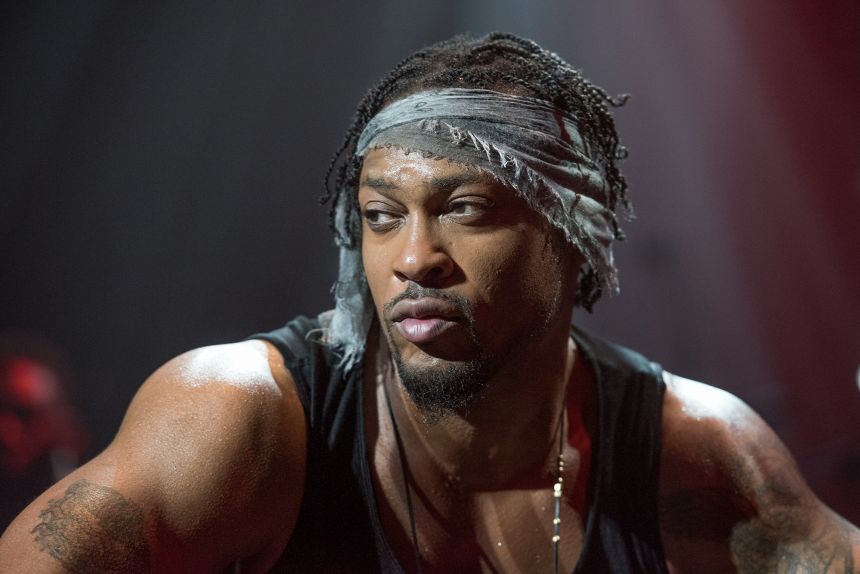

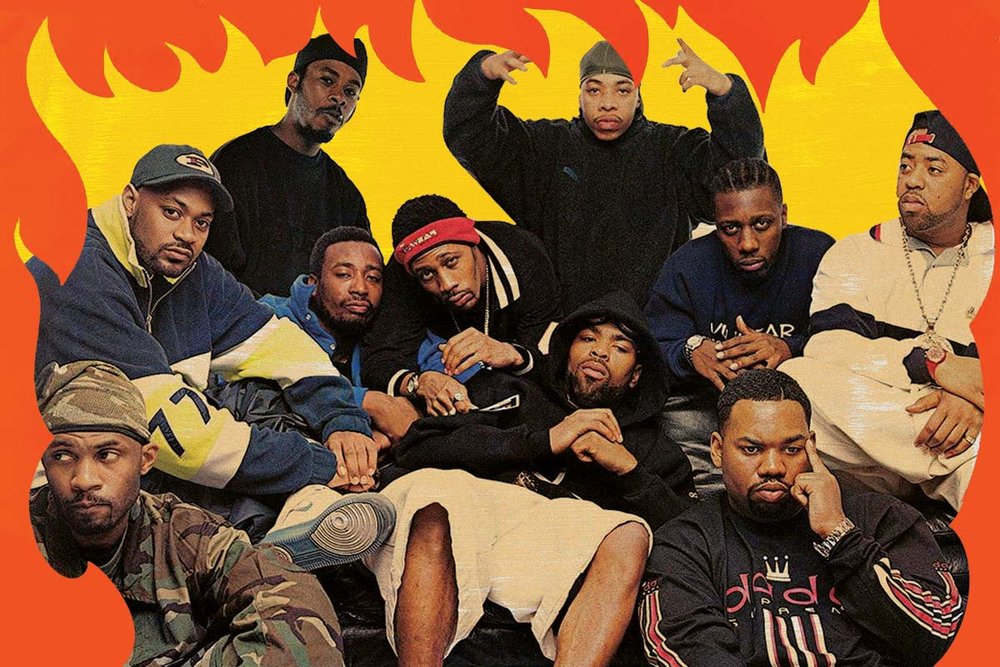
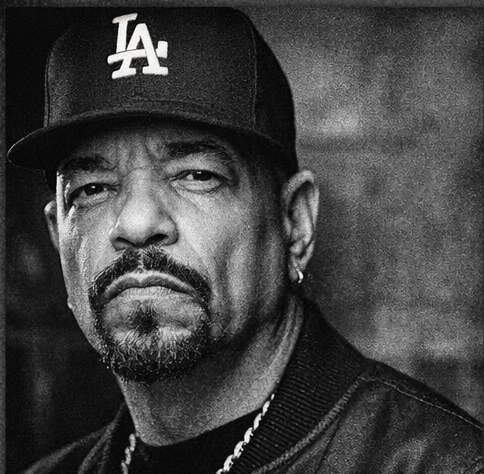
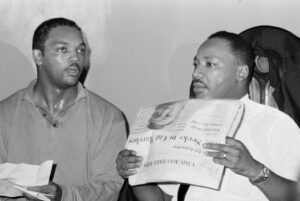
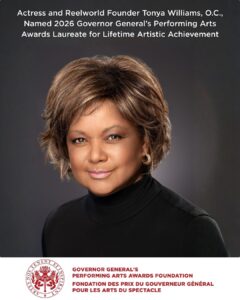
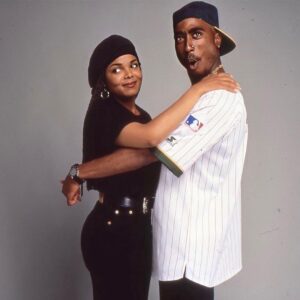
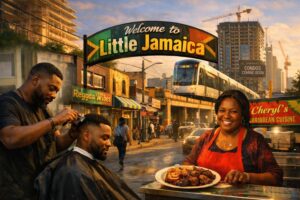
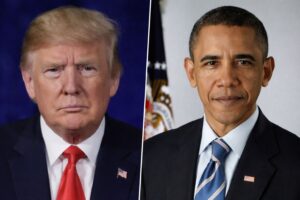





Post Comment